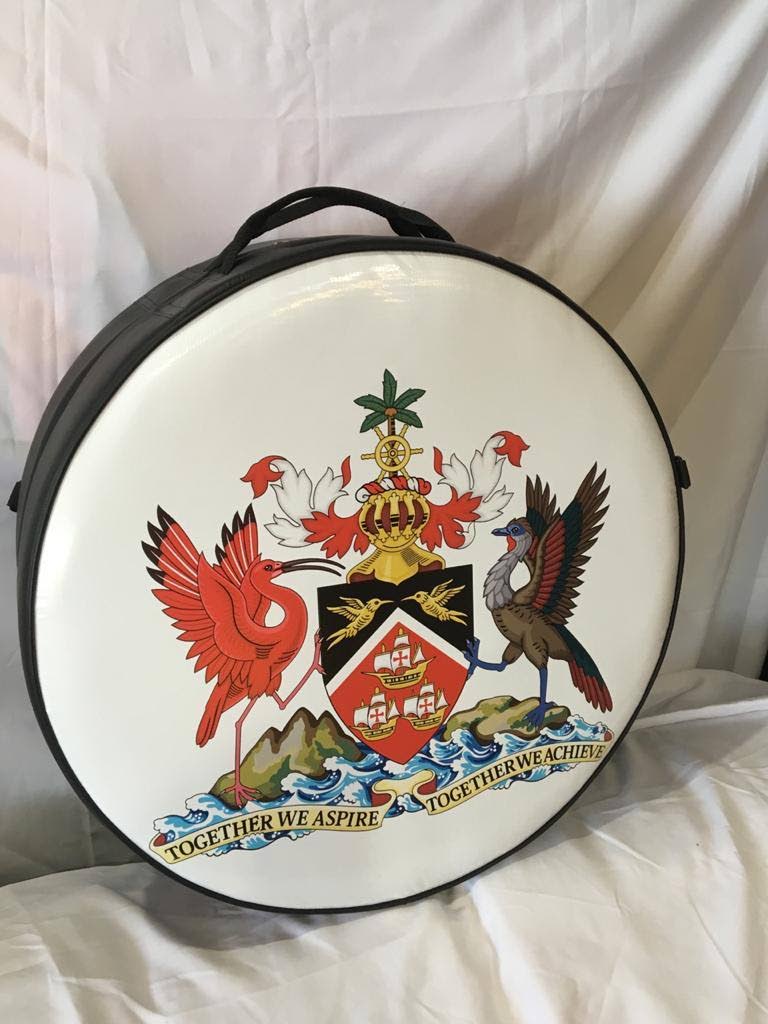UWI history fest explores aspects of nation-building

What goes into building a nation? What are some of the blocks that went into the building the nation of Trinidad and Tobago? These were some of the topics covered during day two of the UWI St Augustine Campus’s History Fest 2022. The eighth edition is being held virtually and ends on Friday.
The event’s theme was For the Love of Liberty: TT’s Journey to 60 Years of Independence.
The panel for the morning session on Thursday consisted of historian Prof Emerita Bridget Brereton, librarian Dr Glenroy Taitt, PhD candidate O’Neil Joseph, PNM founding member Ferdinand "Ferdie" Ferreira and constitutional affairs scholar Prof Hamid Ghany.
Brereton explored the public debate surrounding the decision to change the name of the nation’s highest award from the Trinity Cross to the Order of the Republic of TT.
She said the original award was always controversial, as it was seen as overtly Christian, and so did not represent the multi-religious nation of TT. She detailed the arguments received by the committee appointed by PM Patrick Manning, which she chaired, both for and against changing the name and appearance of the award. She noted that none of the commenters mentioned that the award did not represent Tobago.
Taitt, who is head of the West Indiana Division and Special Collections Division of the Alma Jordan Library of the campus, examined the processes through which the national emblems – the flag, the coat of arms, and the national anthem – were developed after Independence.
He said the coat of arms was developed by a committee headed by masman George Bailey and including artist/mas designer Carlisle Chang, architect Peter Bynoe and others. He said Chang had kept notes on the development process and it was through these notes, which had been donated to the library, that this history was available.
“There were several suggestions for symbols to be included, such as oil, sugar, asphalt, the Trinity Hills, hibiscus, etc.
"The committee favoured English rather than Latin or French. They received suggestions for the motto from the public, which were voted on.
"The layout of the coat of arms changed several times before it arrived at what we know it to be.
“Chang also left insight to the design changes made to the flag, which he noted should express the country and its people, and be forceful and simple. He said the colours red, white, and black were chosen because they did not fade in the TT sun and would be visible against any background.”
Taitt reminded that the national anthem was written by songwriter Patrick Castagne for the West Indian Federation, but when that faltered, he edited the lyrics and offered it to TT.
Joseph presented on the topic of Tobago women in politics. He said Tobagonian women had received scant attention in the history books but were politically astute and had been in the vanguard of many political movements.
He said Olive Sawyer was the first woman to be appointed an independent senator. She served between 1981 and 1986 and was noted for her advocacy for the poor and the vulnerable, the need for improved communication and travel options between islands, and petitioning for a performing arts centre.
The first Tobago woman to serve in Parliament was Pamela Nicholson, who holds the distinction of being the only person to have represented both Tobago East and Tobago West. She was initially an opposition member between 1998 and 2000, and then in government after the 1986 election. Her major projects were the development of Sou Sou Lands in Tobago, refurbishing apartments in La Horquetta and Maloney, and the Manny Ramjohn Stadium upgrade.
Ferreira’s presentation on Dr Eric Williams featured the Marlborough House Independence Conference, which set the terms for TT’s independence.
“I can’t think of any other Commonwealth country that gained independence where the negotiation team was so representative of the nation it came from.”
He said Williams aimed for socialisation between the different ethnic groups, saying progress would depend on how young people felt about each other. He said the country had come a long way but still had further to go.
Ferreira said he felt Williams died disappointed in the state of the country, even though some of his objectives had been achieved.
Ghany’s presentation focused on notable political leaders and their achievements with regard to TT’s independence and governance, including politicians Eric Williams, Sir Ellis Clarke, ANR Robinson and Basdeo Panday and attorney Tajmool Hosein.

Comments
"UWI history fest explores aspects of nation-building"